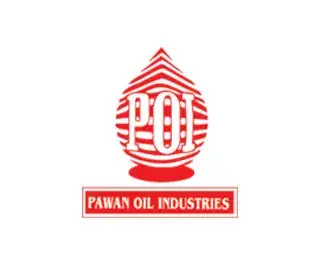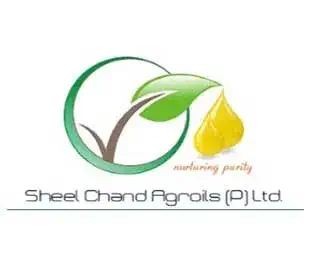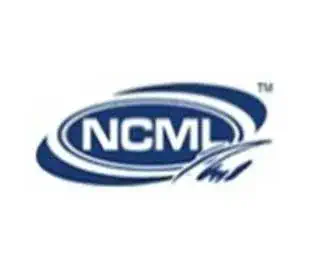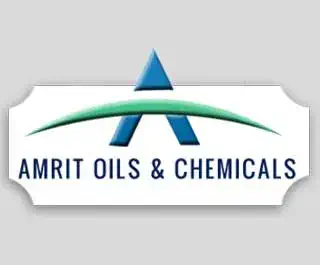Deacidification
Deacidification : The Key to Pure, High-Quality Biodiesel
Deacidification : The Key to Pure, High-Quality Biodiesel
Deacidification is a crucial refining process in biodiesel production that reduces the free fatty acid (FFA) content in oils and fats. By employing a highly energy-efficient, low-temperature high vacuum tower, deacidification effectively lowers FFA levels to below 0.1%. This purification step ensures that the oil is suitable for efficient transesterification, leading to high-quality biodiesel.
Input: Oils and fats with elevated free fatty acid (FFA) content are introduced into the deacidification system
Technology: The process utilizes a highly energy-efficient, low-temperature high vacuum distillation tower. Action: Under low-pressure conditions and elevated temperatures, the system removes free fatty acids from the oil. Result: FFA levels are reduced to below 0.1%, producing a highly purified oil
Preparation: The purified oil is prepared for the next stage of biodiesel production, ensuring it meets quality standards for transesterification.

Strategies to ensure proactive domination. At the end of the day,User generated content in real-time will have multiple touchpoints for offshoring.























March 15, 2025
October 20, 2024
Discover some of the most asked questions regarding Deacidification Plant.
Deacidification reduces the free fatty acid (FFA) content in oils and fats, which is crucial for ensuring the oil is suitable for efficient transesterification and high-quality biodiesel production.
The process uses a low-temperature high vacuum distillation system to remove free fatty acids from the oil. This system operates under reduced pressure and controlled temperature to achieve FFA levels below 0.1%.
Lowering FFA levels below 0.1% is necessary to prevent soap formation during transesterification, which can inhibit the reaction and affect biodiesel quality.
Muez-Hest technology offers high energy efficiency and effective reduction of FFA levels, ensuring the production of high-quality biodiesel and optimal performance in the transesterification process.
While primarily designed for biodiesel production, the purified oil may also be suitable for other industrial applications requiring low FFA content and high purity.